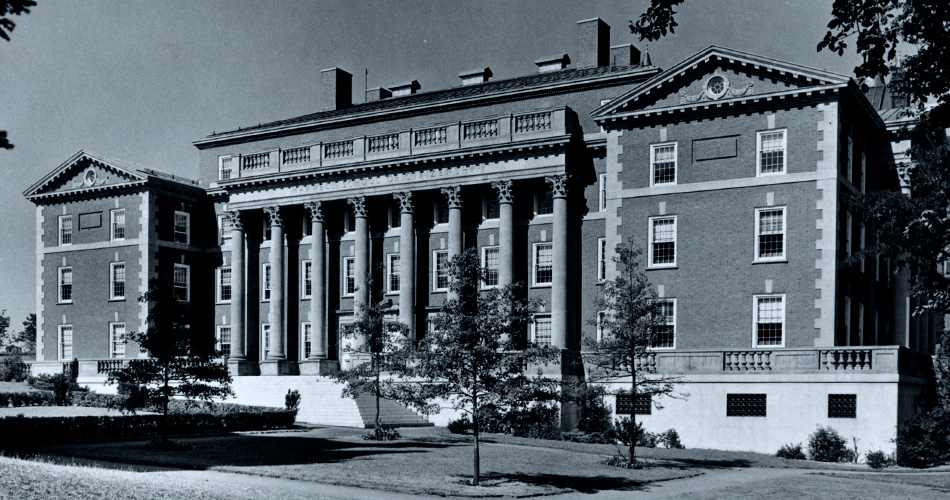Radha Kumar’s Police Matters (Cornell University Press, 2021) draws on previously unexplored station records to examine the close ties between state and caste authority that were displayed at everyday as well as exceptional moments through much of the twentieth century in the Tamil-speaking countryside of southern India. Scholarship on British India has typically depicted the police as a coercive instrument of alien authority, absent in the countryside except on occasion to brutally subdue protest. In contrast, Police Matters utilizes previously unexplored archives to show that the colonial police exercised a more continuous presence in rural life in the southern province of Madras. Here, state coercion was not only exceptional and spectacular; it was also subtle and continuous, woven into the warp and weft of everyday life. Outnumbered in the vast countryside, colonial policemen optimized their resources by drawing on knowledge that classified Indian subjects based on their caste. The police thus brought epistemic and legal violence into the colonial countryside, transforming its way of life. Far from being the dregs of a premodern past, modern caste politics have been shaped in conjunction with state policing.
Radha Kumar is a historian of colonial and postcolonial South Asia, focusing on the Tamil-speaking regions of southern India. Her areas of interest include caste, law, environment, and popular politics. She has commenced work on a second book project, Whose River? The Kaveri and Political Belonging in Modern India, which asks how imperial subjects and postcolonial citizens participated in politics and asserted their right to water over the course of the long twentieth-century.
Lisa Mitchell is Associate Professor of anthropology & history in the Department of South Asia Studies at the University of Pennsylvania. She is the author of Hailing the State: Collective Assembly and the Politics of Representation in the History of Indian Democracy (forthcoming, Duke University Press), and Language, Emotion, and Politics in South India: The Making of a Mother Tongue (Indiana University Press, 2009 and Permanent Black, 2010), which was recipient of the American Institute of Indian Studies’ Edward Cameron Dimock, Jr. Prize in the Indian Humanities. She is currently working on a new book project on translations of globally circulating political ideas, provisionally entitled, The Multiple Genealogies of Indian Democracy: Global Intellectual History in Translation. She received her PhD in sociocultural anthropology from Columbia University.
Category
Social Science and Public Policy
Open to
Alumni
Faculty
Parents and Families
Staff
Students, Graduate and Professional
Students, Prospective
Students, Undergraduate
Organizers
MAX-Moynihan Institute of Global Affairs, MAX-South Asia Center
Accessibility
Contact Nicholas Feeley to request accommodations
